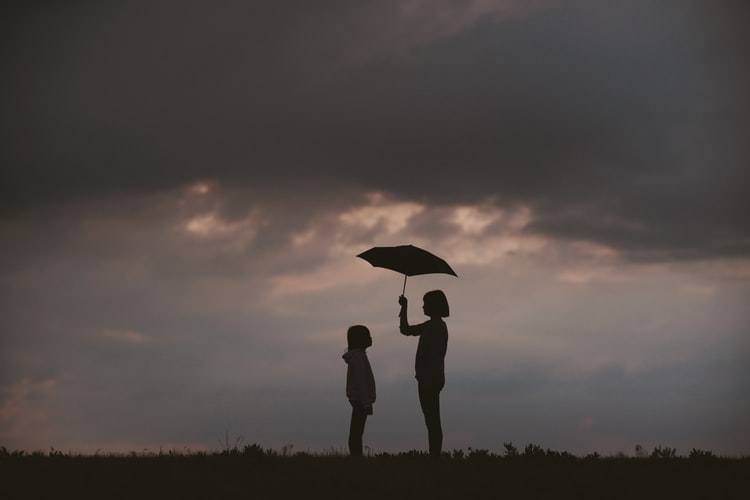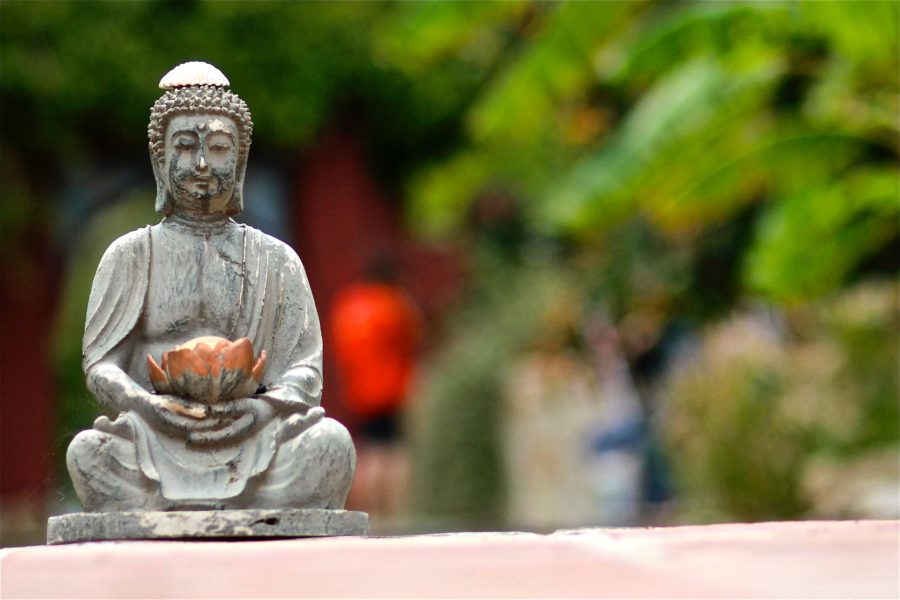
Karuna In The Time Of Corona
As the skies fell down on the poor, marginalized, daily-wage Indians, a good chunk of whom are bahujans, various individuals and organizations tried to step in to help in whichever way they could. Since the state had thrown all these people under the bus, literally, in the name of the coronavirus fight to “break the chain” of infection, without any forethought and comprehensive planning, there existed hardly any support for millions of people left in the lurch.
First, interstate bus services and all passenger trains were cancelled, even as the corona scare was raised in regions like Maharashtra which attract a significant number of migrants. The desperate migrants, who had lost their livelihoods and had no means to stay on in places like Mumbai and Delhi, were then cruelly deprived of the means to at least go to their homes where they had better chances at survival.
Instead of yanking the carpet from under the migrants’ feet, instead of offering the migrants some concrete way out and back to their homes, the prime minister Narendra Modi offered, sphinx-like, some stupefyingly dead-end, non-committal and doomed advice, asking the migrants to stay back where they were. It was as if the migrants, like coal miners trying to rush out of a fast-flooding mine, were turned back by their supervisor, requesting them with touching concern and an all-knowing air, to turn around and stay put…
While the Great Leader spoke of a war like Mahabharata to be waged against the new Corona, several common people realized what was needed was some compassion first, some karuna.
A Great Sage had advocated long ago the Four Blissful States to be cultivated, those of Metta (loving-kindness), Karuna (compassion), Mudita (empathetic joy) and Upekkha (equanimity), to break the Great Chain – of Samsara.
Note, how these Four States are about care of one’s fellow being: Metta (Maitri) as loving-kindness towards all beings, Karuna as all-pervading compassion, Mudita as rejoicing in the joy of others and Upekkha (Upeksha) as the equanimity required to be unwavering support for all fellow-beings.
Babasaheb Ambedkar cherished – and yearned for – some signs of fellow-feeling and associated-living in the society he found himself in. His yearning for the ideals of Fraternity made its way into the Indian Constitution’s preamble as one of the founding principles of India.

The Great Sage, the Tathagata, was called the Great Healer too. In the Buddhist Avadana literature, as highlighted by academic Phyllis Granoff, “the Buddha cures intractable diseases, often plagues, that cannot be cured by ordinary medical means.” He is also “said simply to love and indeed to prefer the sick, because they are suffering and in need of his help.”
Savitribai Phule reportedly carried a 10-year-old boy, infected by the plague in 1897 in Maharashtra, on her back to the hospital managed by her son who was a doctor. As chronicled in detail by Kancha Illaiah recently, Savitribai was front and center in the fight against the plague. It is worth quoting in full the account of a biographer of Savitribai that Illaiah includes in his piece:
Her (Savitribai) adopted son Yashwantrao served the people of his area as a doctor. When the worldwide Third Pandemic of the bubonic plague badly affected the area around Nallaspora, Maharastra in 1897, the courageous Savitribai and Yashwantrao opened a clinic at outskirts of Pune to treat the patients infected by the disease. She brought the patients to the clinic where her son treated them while she took care of them. In course of time, she contracted the disease while serving the patients and succumbed to it on March 10, 1897.
For a people used to social distancing by the so-called upper castes, for a people called “burial-ground,” in the Brahmanical Dharma Sutras, for a people forced to deal with others’ impurities, a fellow-being’s disease was no reason to shun her or him.
No wonder, then, that early nursing in India was also comprised mostly by so-called formerly lower-caste women, as outlined in this academic paper:
Christian missions in India were largely responsible for training Indian women as nurses, and also played a dominant role in the evolution of professional organisation and infrastructure…Most nursing students in mission schools…throughout this period were drawn from very low-status, formerly low-caste communities of Christian converts…
Thus, caring for one’s fellow-beings in institutionalised settings of hospitals was, at least in India, the responsibility of those considered lower-caste. Is it any wonder that the ideals of Karuna sprang from the hearts of those considered the most discriminated against?
The suggestion here is not to throw caution to wind in the struggle against covid-19. However, a judicious amount of forethought for those who will be affected the hardest as a result of any sweeping action is a must. People in a position to affect the lives of millions because of their actions have to pause and consider every aspect of the consequences of their action. They have to be aware of the suffering they might cause by any step of theirs that has an impact throughout a country.
Instead, what one witnessed was a largely unplanned, ill-conceived and ultimately callous declaration of the lockdown. There was smugness, there was self-righteousness and there was that lack of the deep caring of the well-being of the millions of people who would be adversely affected.
What one had hoped for, as mentioned above, was decision making with skill and guided by wisdom and compassion, often referred to as upaya-kushala in the Tathagata’s tradition. But both upaya-kushala and karuna seemed to be in short supply at the level of the top decision-makers.
—
Author – Ananda Maitreya
Ananda Maitreya is a writer and a student of social movements. He has been involved in various struggles of the marginalized people, including Dalit and Adivasi movements and the Palestinian struggle.



Very difficult to understand….!
Language is too dialectic…. !